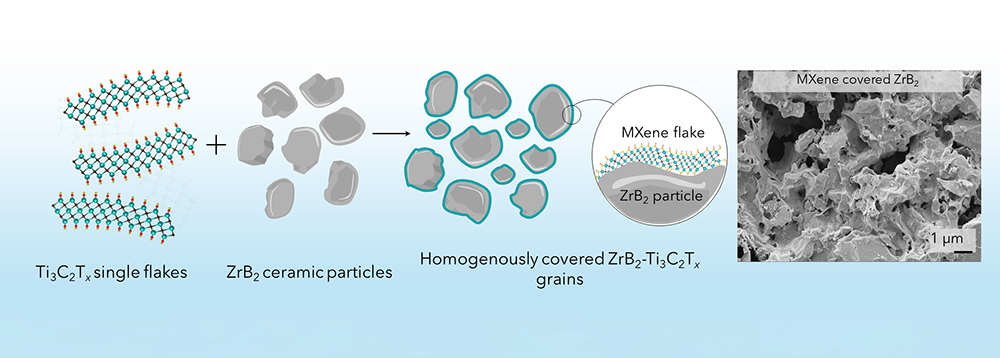Aerogel, sometimes referred to as “frozen smoke,” could one day mop up oil spills and filter wastewater because of its super absorbent, sponge-like qualities.
Nanogel, a branded aerogel made of modified, water-repellent silica, soaked up oil faster and in greater quantities than other materials that are typically used in wastewater filtration, according to a study published in Industrial & Engineering Chemistry Research. Boston-based Cabot Corp., which makes Nanogel, helped pay for the research and supplied the product.
“We think aerogels are much better than other sorbents, like activated carbon and vermiculite,” said co-author Bob Pfeffer, a professor of chemical engineering at Arizona State University. “We think the aerogels are much more efficient.” Sawdust, peat sorb, bentonite, organoclay, reed canary grass and flax or hemp fiber also have been used as filters, but whether aerogel would turn out to be a more or less expensive material would depend on its manufacturing cost and whether it could be reused.
Aerogel attracts oil, toluene and other organic compounds that end up in wastewater from industrial plants. Its potential as a cleaning product comes from its properties of adsorption and absorption. Aerogel has enormous surface area and can hold up to seven times its weight. (You can get a good sense of aerogel from this episode of KQED Quest Lab.)
Pfeffer’s group isn’t studying the use of aerogels for oil spill cleanups, “though that clearly is an application for this because aerogels are such great absorbers,” he says. Because they’re so lightweight, “they’d absorb the oil before they would sink. Other sorbents would sink to the bottom before they’d absorb the oil.”
CTT Categories
- Energy
- Material Innovations


